 W
WStephen Arlen was an English theatre manager and operatic administrator. Originally an actor, he took up backstage work as a stage manager, and in the years after the Second World War was in charge of stage management at the Old Vic.
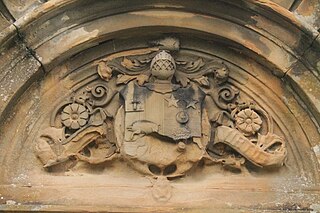 W
WThere have been five baronetcies created for persons with the surname Baird, three in the Baronetage of Nova Scotia and two in the Baronetage of the United Kingdom. Three of the creations are extant as of 2010. The Baird Baronets of Newbyth and of Sauchtonhall are all descended from Andrew Baird who acquired lands at Auchmedden, Aberdeenshire, in 1539. The main line, Baird of Auchmedden expired on the death in 1777 of Sir William Baird whose Auchmedden estate was forfeit and sold following his involvement in the Jacobite Rising of 1745.
 W
WMajor-General John Barrington was an officer of the British Army, the third son of John Barrington, 1st Viscount Barrington.
 W
WBernard Richard Braine, Baron Braine of Wheatley, PC was a Conservative Party politician in the United Kingdom. He was a Member of Parliament (MP) for over forty years, representing constituencies in Essex.
 W
WField Marshal Colin Campbell, 1st Baron Clyde,, was a British Army officer. After serving in the Peninsular War and the War of 1812, he commanded the 98th Regiment of Foot during the First Opium War and then commanded a brigade during the Second Anglo-Sikh War. He went on to command the Highland Brigade at the Battle of Alma and with his "thin red line of Highlanders" he repulsed the Russian attack on Balaclava during the Crimean War. At an early stage of the Indian Mutiny, he became Commander-in-Chief, India and, in that role, he relieved and then evacuated Lucknow and, after attacking and decisively defeating Tatya Tope at the Second Battle of Cawnpore, captured Lucknow again. Whilst still commander-in-chief he dealt with the "White Mutiny" among East India Company troops, and organised the army sent east in the Second Opium War.
 W
WGeorge William Coventry, 7th Earl of Coventry, styled Viscount Deerhurst until 1809, was a British peer and Member of Parliament.
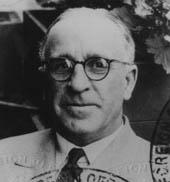 W
WMajor Francis "Frank" Edward Foley CMG was a British Secret Intelligence Service officer. As a passport control officer for the British embassy in Berlin, Foley "bent the rules" and helped thousands of Jewish families escape from Nazi Germany after Kristallnacht and before the outbreak of the Second World War. He is officially recognised as a British Hero of the Holocaust and as a Righteous Among the Nations.
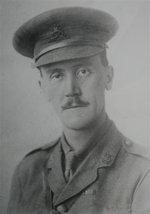 W
WLieutenant-Colonel Edward Elers Delaval Henderson VC was a British recipient of the Victoria Cross, the highest and most prestigious award for gallantry in the face of the enemy that can be awarded to British and Commonwealth forces.
 W
WGeneral Sir William Charles Giffard Heneker, was a Canadian soldier who served with the British Army in West Africa, India, and then later on the Western Front during the First World War. A notable military strategist and tactician, he became one of the most experienced and highly decorated Canadians in the British Empire, and one of only a handful of Canadians to reach the rank of full general.
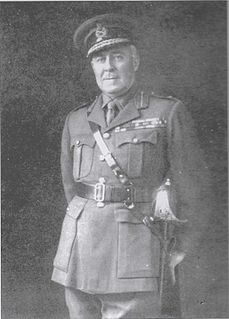 W
WMajor-General Sir Arthur Reginald Hoskins, was a senior British Army officer of the First World War.
 W
WEustace Jotham VC was an English recipient of the Victoria Cross, the highest and most prestigious award for gallantry in the face of the enemy that can be awarded to British and Commonwealth forces.
 W
WLieutenant General Sir John Gaspard Le Marchant (1803–1874) was a British Army officer and governor of Newfoundland from 1847 to 1852. He later became the Lieutenant Governor of Nova Scotia (1852–1858).
 W
WThe Honourable Major General Alexander Leslie was a major general in the British Army during the American Revolutionary War. He was the commander of the British troops at the Battle of Harlem Heights. He replaced Cornwallis as commander in the South in 1782.
 W
WBrigadier-General Charles Harry Lyon, was an English soldier who also played first-class cricket for Derbyshire in 1902.
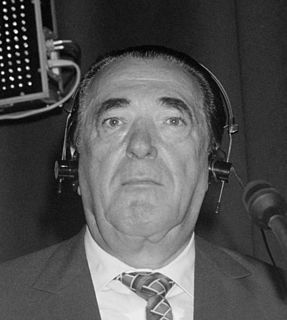 W
WIan Robert Maxwell was a British media proprietor, Member of Parliament (MP), suspected spy, and fraudster. Originally from Czechoslovakia, Maxwell rose from poverty to build an extensive publishing empire. After his death, huge discrepancies in his companies' finances were revealed, including his fraudulent misappropriation of the Mirror Group pension fund.
 W
WField Marshal Sir John Michel was a British Army officer. He commanded the 6th Regiment of Foot during the Eighth Xhosa War in 1851 and served as Chief of Staff of the British Army's Turkish contingent during the Crimean War in 1854 before transferring to India where he commanded the Malwa Field Force which pursued Tatya Tope in the aftermath of the Indian Mutiny. He then commanded the 1st Division at the Battle of Taku Forts in August 1860 during the Second Opium War and took part in the burning of the Old Summer Palace at Peking in October 1860 as a reprisal for the torture and murder of British prisoners before being appointed Commander of British Troops in China and Hong Kong in 1861. He later commanded the forces in British North America playing a key role in the organization of the militia volunteers in resistance to the Fenian raids invasions in 1866. His last appointment was as Commander-in-Chief of Ireland in 1875.
 W
WLieutenant General Vyvyan Vavasour Pope CBE DSO MC & Bar was a senior British Army officer who was prominent in developing ideas about the use of armour in battle in the interwar years, and who briefly commanded XXX Corps during the Second World War, before he died in an air crash.
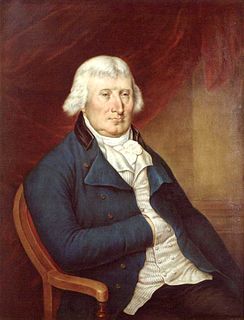 W
WPeter Russell was a gambler, government official, politician and judge in Upper Canada.
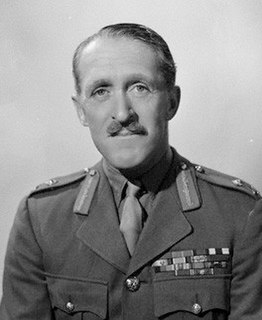 W
WMajor General William Donovan Stamer CB, CBE, DSO, MC was a British Army officer who was commissioned into the North Staffordshire Regiment at the outbreak of the First World War and served in the Army until retirement in 1948, finishing his career with the temporary rank of major-general and serving as General Officer Commanding Sudan and Eritrea.
 W
WMajor Edward Stanley was an English military officer who played one first-class cricket match for Somerset County Cricket Club as an emergency stand-in in 1884. Somerset had arrived in Manchester a player short for their fixture against Lancashire, and had to seek special permission to include Stanley in their team. Stanley lived in Manchester, but had been born in Somerset, and thus qualified for the county. His only first-class appearance was not successful; he did not bowl, and scored no runs in either innings of the match.
 W
WLieutenant-Colonel Severus William Lynam Stretton was a British Army officer who served in the Napoleonic Wars.
 W
WSir Thomas Francis Wade, was a British diplomat and sinologist who produced an early Chinese textbook in English, in 1867, that was later amended, extended and converted into the Wade-Giles romanization system for Mandarin Chinese by Herbert Giles in 1892. He was the first professor of Chinese at Cambridge University.
 W
WJohn Cliffe Watts was an Irish military officer and architect who designed some of the first permanent public buildings in the young British colony of New South Wales, and who also later became Postmaster General in South Australia, where he was commonly referred to as "Captain Watts".
 W
WMajor Cecil Wedgwood, DSO was a British soldier and partner in the Wedgwood pottery firm. He was the first Mayor of Stoke-on-Trent.